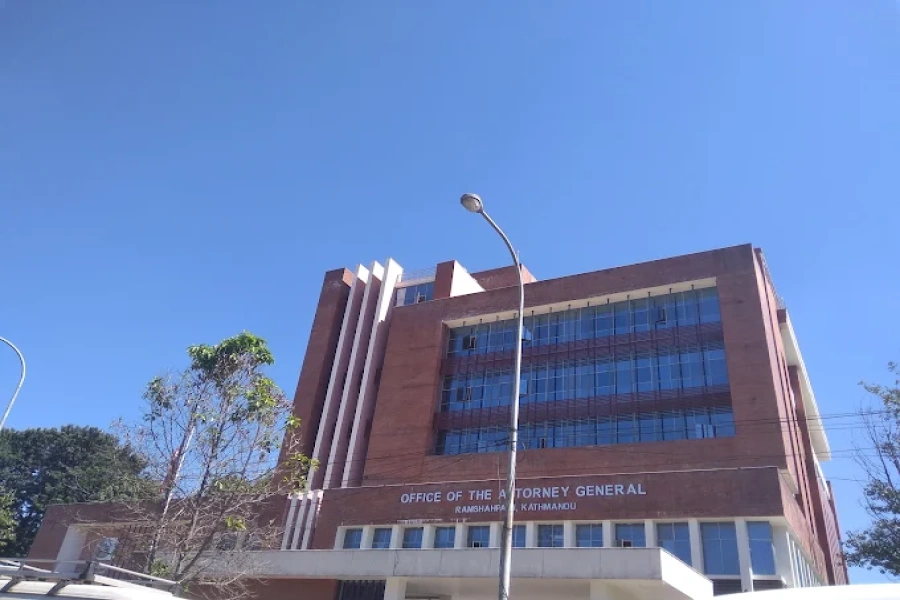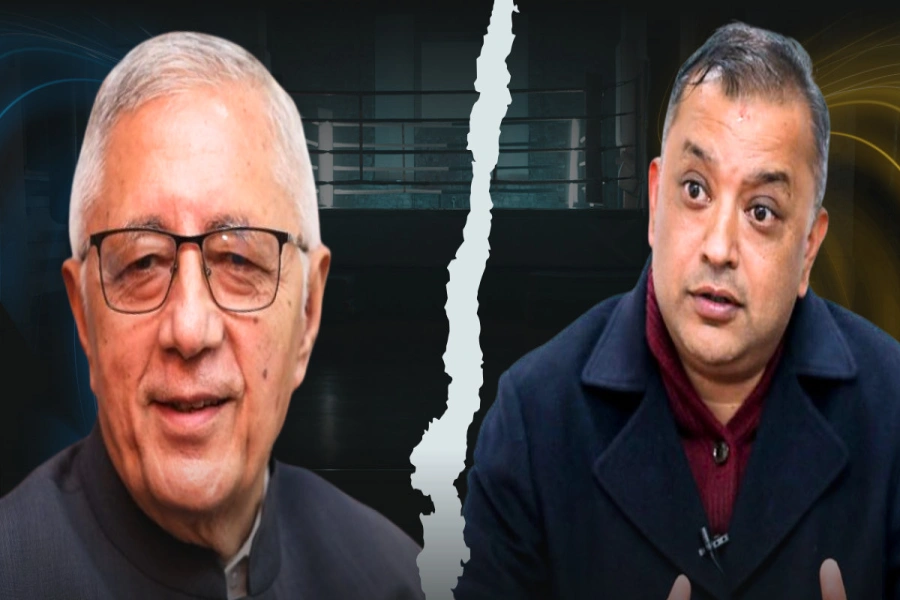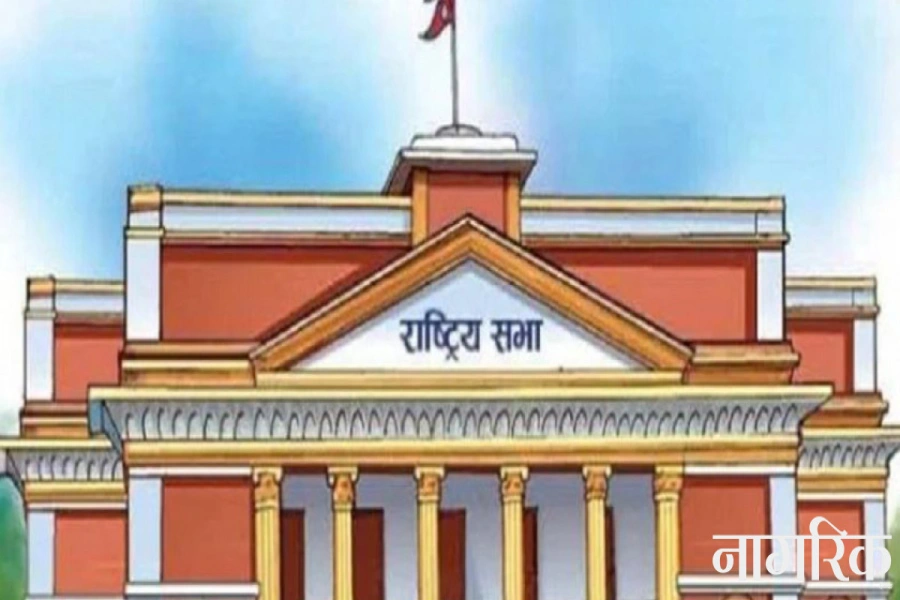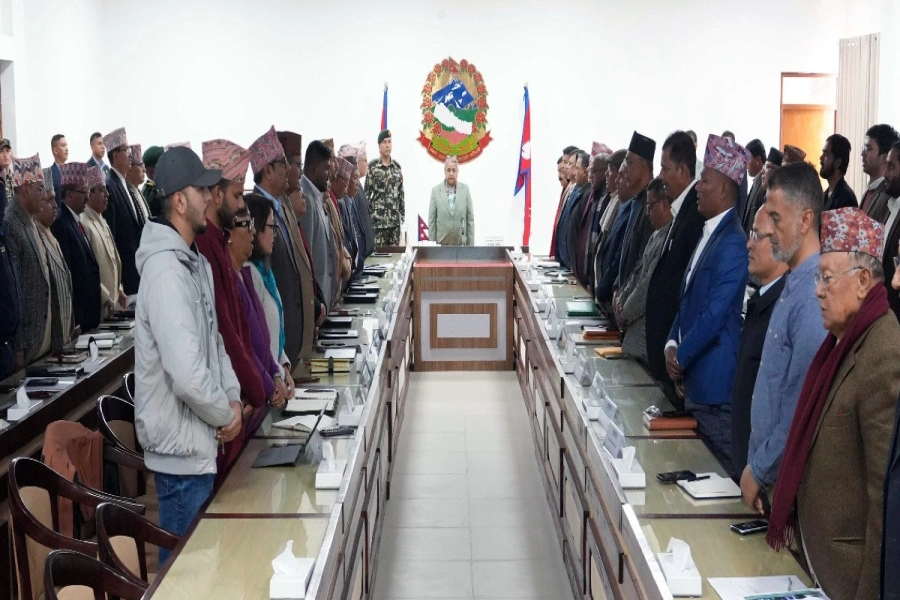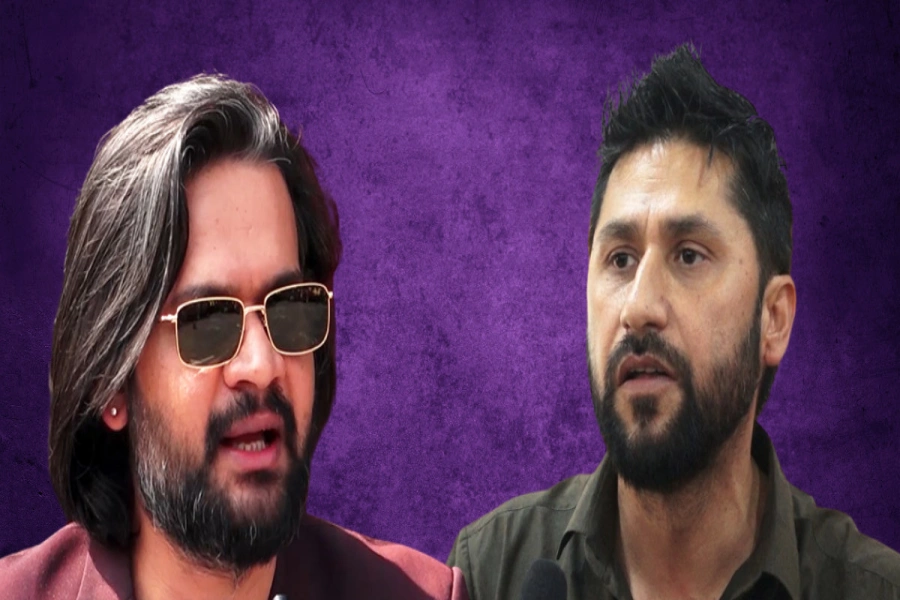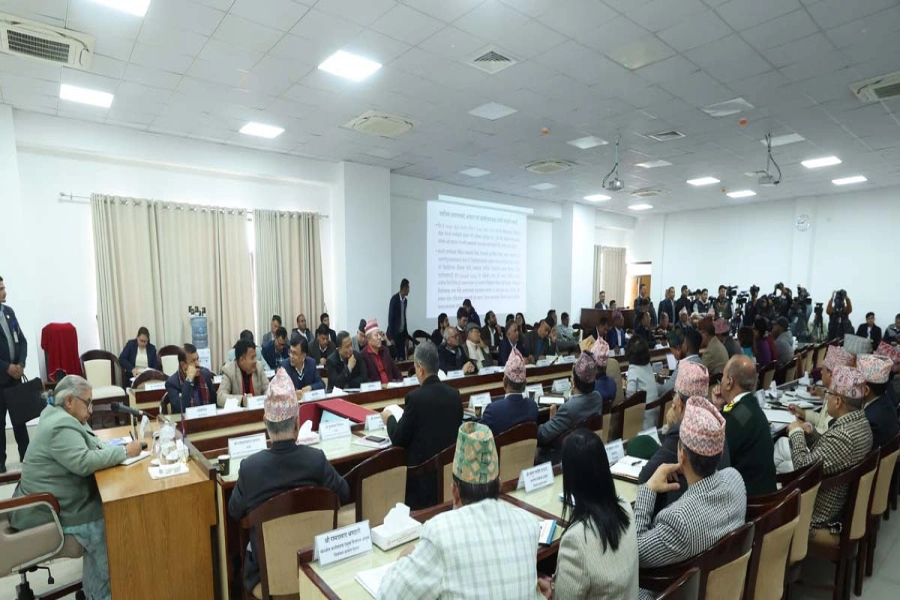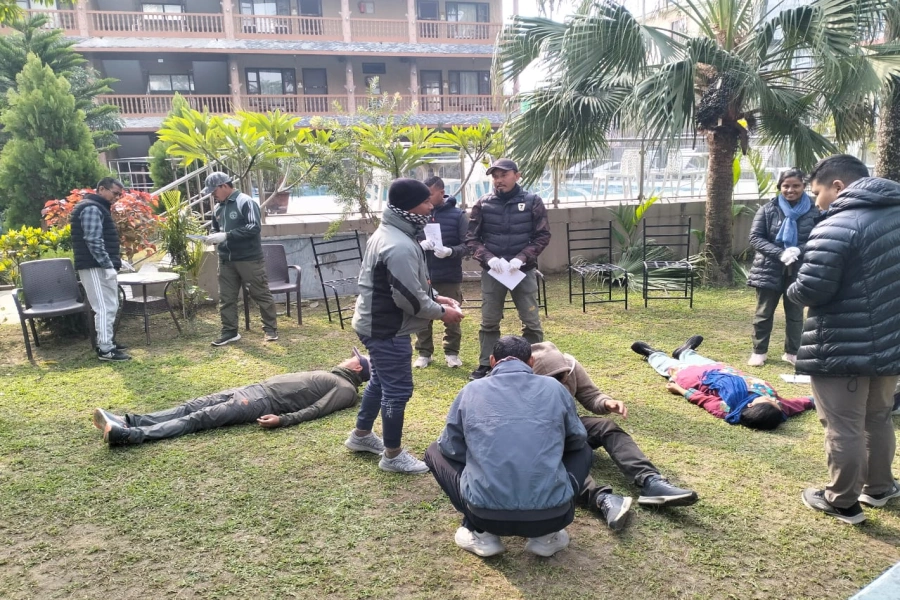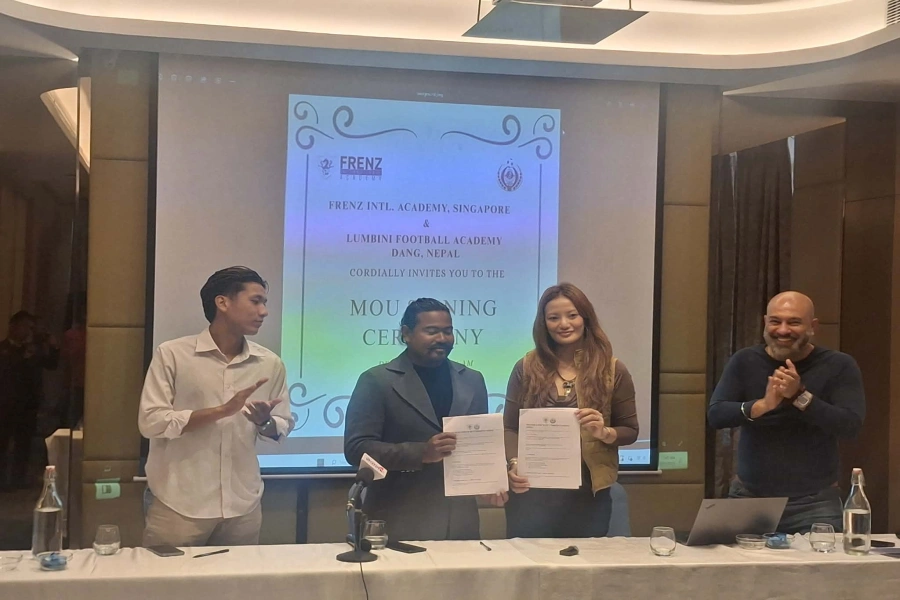KATHMANDU, Nov 28: In the dedicated and trunk line dispute, the Nepal Electricity Authority (NEA) has made a written correspondence with Nepal Rastra Bank (NRB) to freeze the accounts of the industries which have failed to pay their dues. The NEA, which has been cutting the electricity supply lines time and again stating that 34 industries have yet to pay Rs 6.40 billion of arrears, made the correspondence with the regulatory body to halt the accounts, and share buying and selling of IPOs of those industries.
The letter sent to the NRB mentions that as the Electricity Regulatory Commission has instructed to take actions other than the disconnection of electricity supply to industries for collecting outstanding dues, the NEA has requested the central bank to freeze the accounts of the defaulting industries.
The letter mentions that “consumers who have received electricity from dedicated and trunk lines have outstanding fees to be paid to the NEA from mid-January 2016 to mid-May 2018. It is requested to assist in the collection of the revenue by freezing the bank accounts in such a way that the companies are allowed to deposit money into their accounts, but not withdraw money from their accounts, in order to facilitate the recovery of the revenue.”
The NEA has requested the Office of the Company Registrar to halt share trading and the Securities Board of Nepal to stop the sale of shares of the non-paying industries. The government had taken the decision to connect the line because cutting the industrial line would affect the production, leading to loss of employment, revenue and export.
It is said that the dispute over the electricity tariff for the dedicated and trunk lines that has been ongoing for years, has escalated due to the non-implementation of the report by the commission formed by the government under the chairmanship of former Supreme Court Justice Girish Chandra Lal to resolve the issue.
Govt’s decision to reconnect electricity to defaulting industri...

The Cabinet meeting instructed the NEA to collect dues on the basis of Time of the Day (TOD) meter according to the Lal Commission report. However, the NEA had sent the old bill. Although the industrialists have been stating that they are ready to pay the arrears based on the TOD meter, the NEA has not been able to issue the bill.
Although the NEA had disconnect electricity supply, stating that the industries have to pay Rs 6.40 billion in arrears from mid-January 2016 to mid-May 2018, the Lal Commission has said that during periods of daily load shedding of at least six hours, the NEA can only charge the designated premium rates for dedicated lines and trunk lines if the electricity service is provided for over 20 hours.
According to Section 5 (11) of the Electricity Tariff Collection Regulations 2073, there is a provision that ‘high voltage and medium voltage customers will be billed by installing a mandatory TOD meter'.
In the report, about six months from mid-July to mid-December 2015; mid-January 2016 to mid-May 2018 and mid-May 2018 to mid-July 2020 have been suggested.
The report has asked the NEA to collect unpaid tariff from mid-January 2016 to mid-May 2018. The report mentions that, considering the load-shedding notice issued by the NEA itself, the NEA can collect tariff from the relevant customer after recalculating the charges based on the specific days and duration of electricity supply through dedicated lines.
For this period, it has been asked to collect the tariff on the basis of TOD meters. The report mentions that according to the criteria set by the Electricity Tariff Fixation Commission and the NEA, power supply through dedicated lines should be maintained continuously i.e. 24 hours supply. It further states that the Authority can collect the tariffs for dedicated lines for the days when continuous electricity supply was provided.
According to the report of the commission, the industry does not have to pay the tariff from mid-July 2015 to mid-January to mid-January 2016.
NEA Managing Director Ghising held a press conference on November 12 and announced that the line will be disconnected in 15 days if the industries fail to pay their dues. Since the government and the NEA did not agree on this issue, the dispute has been escalating.
Although the industrialists were ready to pay the tariff based on the TOD meter, the NEA failed to provide the TOD meter bill. In response, On November 18, Energy Minister Deepak Khadka has formed an investigation committee to study the outstanding bills of industrialists under the chairmanship of Dr Arvind Kumar Mishra from the National College of Engineering, and former NEA employee Sri Ram Raj Pandey and Chartered Accountant Sujan Kumar Kafle.
While the committee has proceeded with the work, the NEA has used a new method to collect the arrears. After a dispute between the Authority and the government, a Cabinet meeting formed an inquiry committee under the leadership of former judge Hari kumar Pokharel to investigate the irregularities in the NEA. After Pokhrel refused to be part of the committee, the committee could not be completed.





